
The fall of the Afghan government and what it means for Europe
ECFR’s policy experts examine what the Taliban takeover means for countries and regions around the world: Europe, the US, the Middle East, Russia, China, Iran, Turkey, and the Sahel

ECFR’s policy experts examine what the Taliban takeover means for countries and regions around the world: Europe, the US, the Middle East, Russia, China, Iran, Turkey, and the Sahel

Beijing instrumentalises its fishing fleet for geopolitical gain, as evidenced by its policy on the South China Sea. Europe cannot be a bystander on the issue

The EU has the ambition and potential to become a sovereign digital power, but it lacks an all-encompassing strategy for the sector, in which individual governments are still the key players
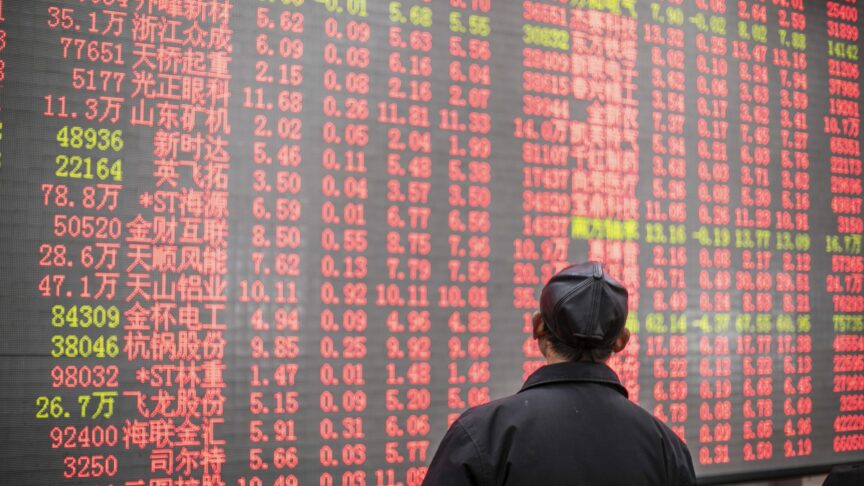
The EU urgently needs to incorporate the concept and reality of the ‘protected home market advantage’ into its thinking on China
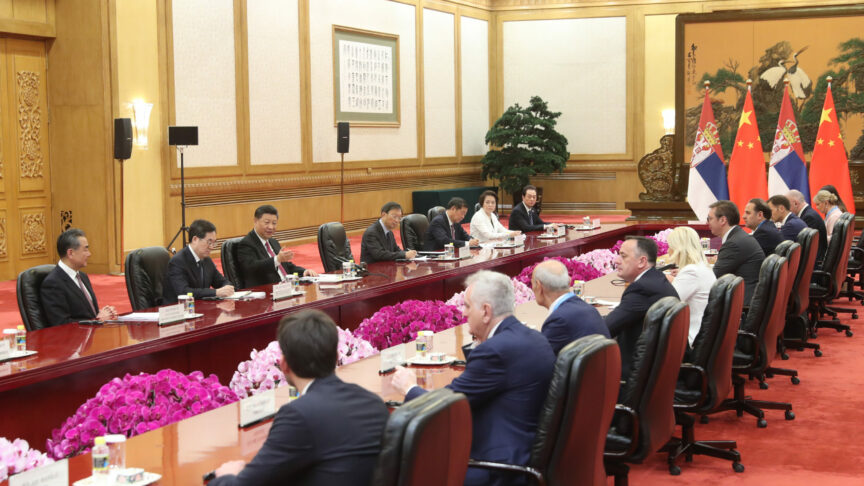
As European and US ambivalence towards the Western Balkans persists, the region will be in increasing danger of falling into an endless spiral of competition between various foreign actors
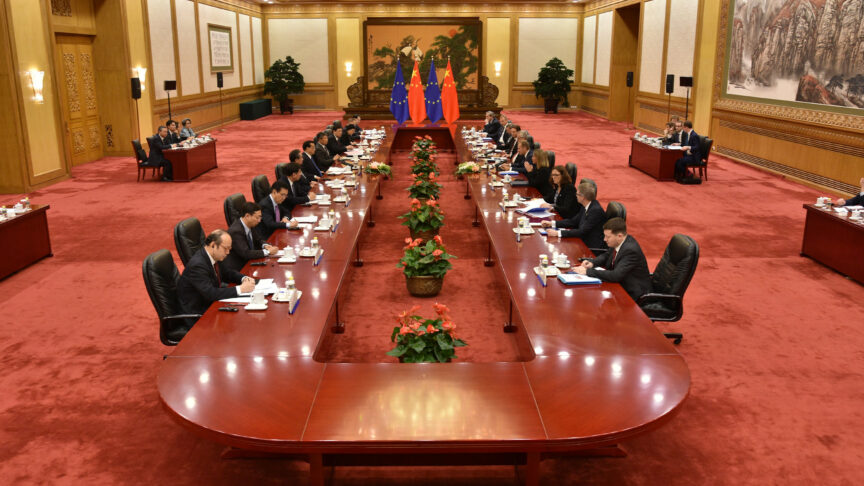
As climate action becomes more material to economic interests, Europe and China will both compete and cooperate with each other, against the backdrop of an overarching systemic rivalry
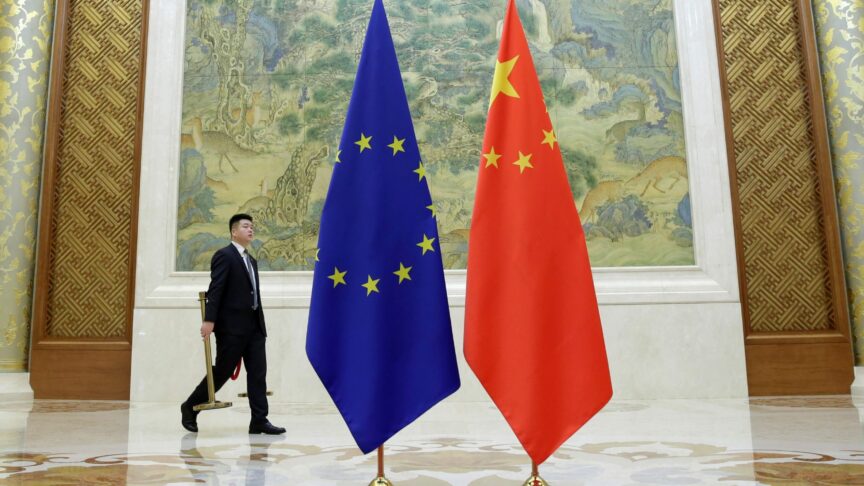
Europe should upgrade its security activities, and seize the moment to push multilateral institutions up the agenda. But it will be Europe’s connectivity agenda that provides the golden thread running through its foreign policy and its other objectives in the region
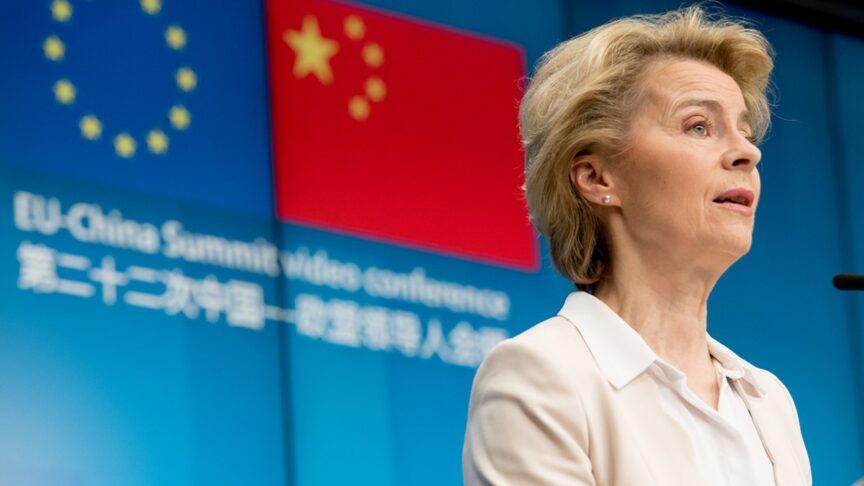
In its remaining months, the German Council presidency could use this momentum to create institutional structures to improve the EU’s capacity to act
The crisis is intensifying demands for Europe to puts its China policy on a more open, accountable, and values-based footing
Europeans should monitor China’s influence on regional stability and political dynamics, especially in relation to surveillance technology and arms sales